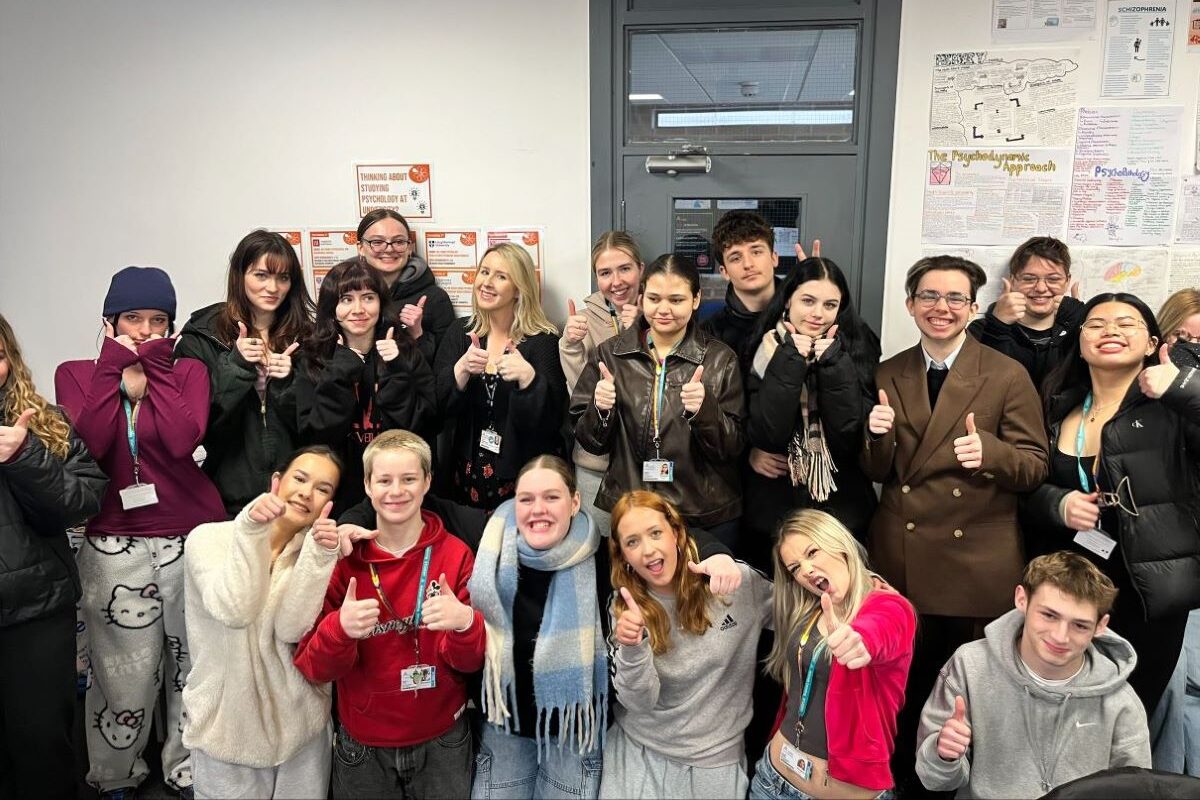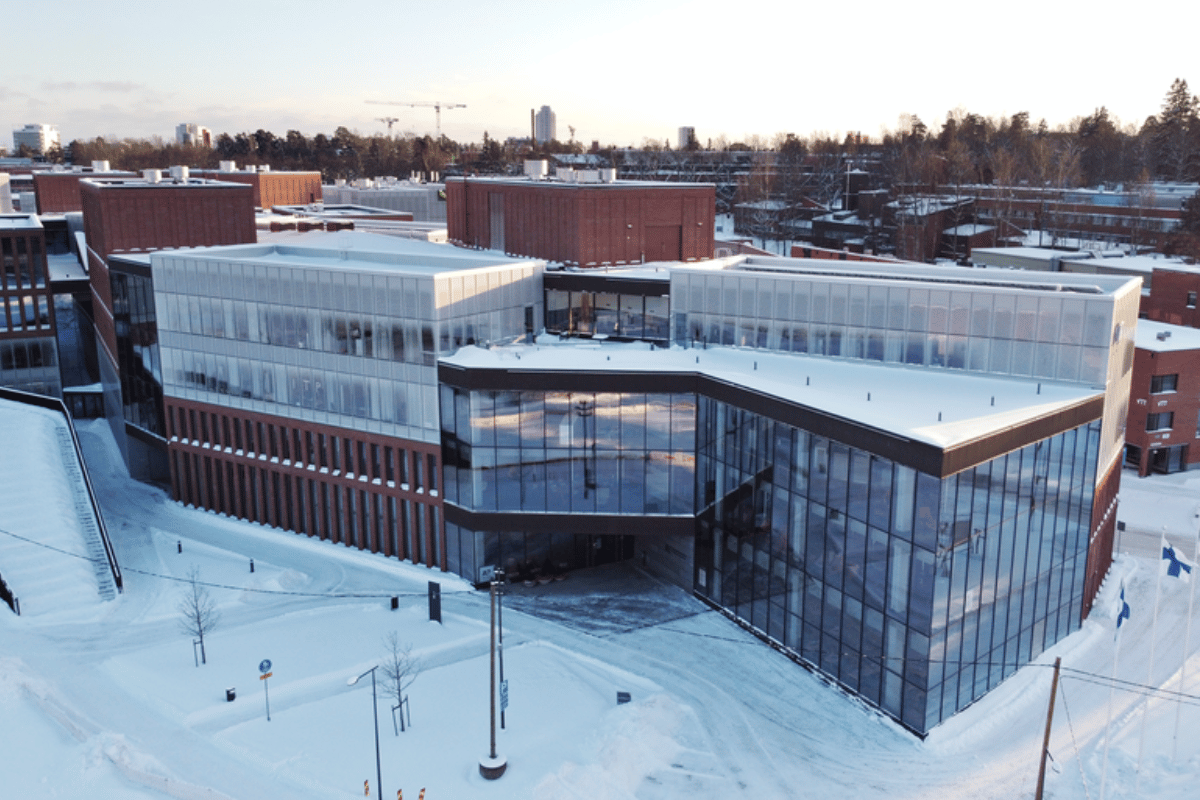Navigating the Transition into Engineering with Neurodiverse Challenges: A Guide for STEM Students

Have you considered that transitioning into the engineering field with neurodiverse challenges can present unique considerations and opportunities?
Neurodiversity is a concept that embraces the unique cognitive differences among individuals, especially those with neurological variations such as autism, ADHD, and dyslexia and dyspraxia. In the engineering field, these differences can lead to innovative problem-solving approaches and creative perspectives, yet may also present certain challenges when transitioning into this demanding domain.
The discussion of this article is that transitioning into the engineering field with neurodiverse challenges can present unique considerations and opportunities. As a STEM student, it is important to navigate this journey with self-awareness, support, and a focus on leveraging your strengths. In this Article, we will explore practical suggestions to help neurodiverse individuals thrive in their transition into engineering. In the following paragraphs, we will first discuss the unique strengths and challenges of neurodiverse individuals in engineering, then delve into practical strategies for success in this field, and finally explore future directions for fostering neurodiversity in STEM education and professions. undefined
Embrace Self-awareness and Advocate for Yourself:
Develop a deep understanding of your neurodiverse challenges, strengths, and learning preferences. Advocate for yourself by effectively communicating your needs to educators, mentors, and employers. This sets the stage for creating a supportive environment that helps you excel.
Access Available Support Services:
Research and utilize the support services provided in further education, higher education, or apprenticeship programs. These may include disability support offices, counselling services, or mentorship programs tailored to neurodiverse individuals. These resources can provide guidance, accommodations, and assistance in managing your challenges.
Master Time Management and Organization:
Develop effective time management and organizational skills to stay on top of your coursework, projects, and deadlines. Utilize calendars, task lists, and digital tools to help you stay organized and prioritize your responsibilities.
Seek Peer Support and Connection:
Connect with other neurodiverse individuals in the STEM or engineering community. Online forums, support groups, or campus organizations provide a supportive network where you can share experiences, seek advice, and find understanding among peers facing similar challenges.
Utilize Accommodations and Accessibility Options:
Familiarize yourself with the accommodations and accessibility options available to you. Whether it is extended time for exams, preferential seating, or assistive technologies, understanding and utilizing these accommodations can level the playing field and support your success in your academic and professional pursuits.
Harness Your Strengths:
Leverage the unique strengths associated with neurodiversity, such as attention to detail, pattern recognition, or innovative thinking. Highlight these strengths in resumes, interviews, and project work, as they can differentiate you and provide a competitive advantage in the engineering field.
Develop Communication and Collaboration Skills:
Recognize the importance of effective communication and collaboration in engineering. Seek opportunities to develop these skills, such as group projects, presentations, or participating in team-based activities. Practice active listening, clear articulation of ideas, and fostering collaborative relationships.
Manage Sensory Overload:
Engineering environments can sometimes be fast-paced and stimulating. Develop strategies to manage sensory overload, such as using noise-cancelling headphones, finding quiet spaces for breaks, or implementing sensory self-care techniques that work for you.
Engage in Professional Development and Networking:
Engage in professional development opportunities, workshops, and conferences that provide insights into the industry and allow you to expand your network. Networking can help you forge connections with professionals who may share similar experiences or offer valuable advice and opportunities.
Embrace a Growth Mindset:
Embrace a growth mindset and view challenges as opportunities for growth and learning. Celebrate your achievements, no matter how small, and focus on continuous improvement rather than perfection. Remember that everyone’s journey is unique, and progress is made at different paces.
Conclusion:
Transitioning into the engineering field with neurodiverse challenges requires a thoughtful and proactive approach. By embracing self-awareness, accessing support services, honing essential skills, and leveraging your unique strengths, you can navigate this transition successfully. Remember, your neurodiversity is an asset that contributes to the diversity of thought and innovation in the engineering field.
Throughout your journey, prioritize self-advocacy and seek the support you need. Be proactive in communicating your challenges and working collaboratively with educators, mentors, and peers to create an inclusive and accommodating learning environment. Take advantage of available support services, such as counselling or mentorship programs, to enhance your personal and academic growth.
Developing effective time management and organizational skills is crucial for success. Create schedules, utilize productivity tools, and break down tasks into manageable steps. By staying organized and maintaining a clear overview of your responsibilities, you can minimize stress and maximize your productivity.
One invaluable resource is the network of peers who understand and share similar experiences. Connect with fellow neurodiverse individuals in the engineering community through online platforms, social groups, or support organizations. These connections can provide a sense of belonging, foster mutual support, and offer practical advice based on firsthand experiences.
When facing challenges, remember to utilize available accommodations and accessibility options. Educate yourself about the specific accommodations that can help level the playing field, such as extended time for exams or access to assistive technologies. Embrace these resources as tools that empower you to showcase your abilities and excel academically.
Harness your unique strengths associated with neurodiversity, such as attention to detail, analytical thinking, or creativity. Highlight these strengths in academic assignments, projects, and job applications. Demonstrating your unique perspective and problem-solving abilities can set you apart and make a positive impression on potential employers.
Effective communication and collaboration skills are highly valued in the engineering field. Seek opportunities to develop these skills through group projects, presentations, or extracurricular activities. Embrace teamwork, actively listen to others, and contribute your unique insights to foster a collaborative and inclusive work environment.
Recognize and manage sensory overload in engineering environments. Find strategies that work for you, such as creating a quiet space for breaks, utilizing noise-cancelling headphones, or practicing mindfulness techniques. Prioritizing self-care and managing sensory stimulation will help maintain your well-being and enhance your focus and productivity.
Engage in professional development opportunities to expand your knowledge and skills. Attend workshops, conferences, and industry events to stay updated on the latest advancements in the field. Networking with professionals in the engineering industry can open doors to internships, mentorship, and career opportunities.
Above all, embrace a growth mindset and view challenges as opportunities for personal and professional growth. Celebrate your achievements, no matter how small, and remember that progress is made through continuous improvement. Be kind to yourself and practice self-compassion, allowing yourself the space to learn, adapt, and overcome obstacles along the way.
By further considering these suggestions and embracing your neurodiverse identity as a strength, you are paving the way for a successful transition into the engineering field.
Your unique perspective and contributions will undoubtedly make a positive impact on the world of engineering. Believe in yourself, stay determined, and keep pursuing your passion. I am positive that the engineering community is ready to welcome you with open arms.
Further questions and support :- [email protected] and follow twitter and LinkedIn.











Responses